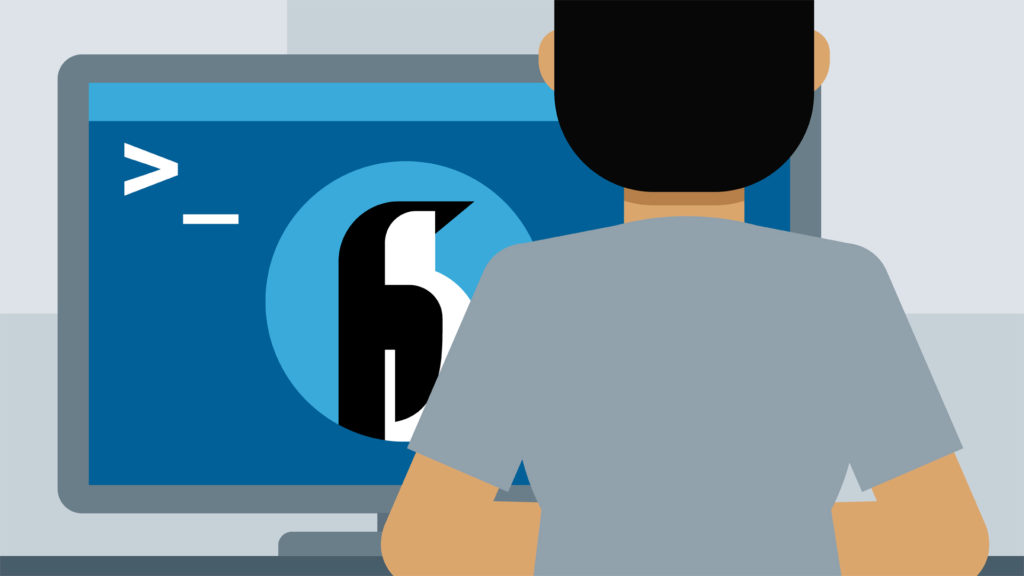
The term server security refers to the software, tools, and procedures used to safeguard a company’s server from illegal access and other cyberthreats. It is a fundamental necessity for the vast majority of system administrators and cybersecurity teams.
On the basis of the operating system’s default permissions structure, Linux + is regarded as having good security. Nevertheless, you must adhere to recommended practices to keep your servers operating securely and efficiently.
Follow these steps to enhance the default setup of your Linux server, regardless of whether it’s running Ubuntu, Debian, or another distribution.
- Disable the root
Linux distributions include a superuser with advanced administrative privileges named ‘root’. As hackers can use this credential to gain access to the server, enabling root login poses a security risk and reduces the safety of small business cloud services placed on the server. To increase the security of your server, you must disable this login.
The procedure for disabling the root account differs depending on the Linux version you are running; you must first create a new user account and provide it elevated (sudo) capabilities so that you can continue to install packages and do other administrative tasks on the server. Alternately, these rights can be assigned to an existing user to ensure a safe server login.
- Installed Required Servers
To secure the server’s operation, you should only install the packages that your organization need to operate.
Linux server distributions provide a number of commonly used packages, such as adduser and base-passwd. Users have the option to install extra packages, such as an Open SSH server, a DNS server, a LAMP stack, and a print server, during the installation process.
Additionally, you can add other packages using the normal package management system.
- Server-side antivirus software
Despite the fact that Linux systems are more resistant to viruses, malware, and other forms of cyberattack, all Linux endpoints, including desktops, must have antivirus protection. Antivirus programs will increase the server’s defensive capabilities.
Avast Business’s next-generation Linux server antivirus software supports both 32-bit and 64-bit hardware and provides on-demand scanning triggered using the command line interface.
- Backup your server
There are always potential problems with computer systems, and packages might cause dependence issues and other problems. It is therefore essential that you retain the ability to rollback server updates.
For every primary protected device, a good backup strategy should involve producing two copies, one of which should be stored offshore. For Linux servers, simpler system rollback tools are available that can aid automate this procedure and enable more rapid disaster recovery (DR).
- Keep Configure 2FA
Two-factor authentication (2FA) significantly increases the security of user access by demanding both a password and a second token prior to server login.
Install the libpam-google-authenticator package to enable 2FA on a Debian server or a distribution that is derived from Debian. The package is capable of displaying a QR code or generating a secret token that may be added to a software authentication device, such as Google Authenticator or Authy.
2FA can be combined with SSH (Secure Shell) to impose the need for a second credential upon server login. SSH is a protocol for establishing a text-based, encrypted connection to a remote server. Together, these measures make the server more resistant to brute force and illegitimate login attempts, hence enhancing cloud security for small enterprises.
- Update frequently on automated basis
These packages introduce severe system vulnerabilities that could be exploited by cybercriminals and should not be retained. To prevent this issue, ensure that your server or server pool is constantly updated.
Additionally, numerous Linux distributions include tools for automating the application of updates. For example, the unattended-upgrades package for Debian will poll for updates at a predetermined interval and apply them automatically in the background.
You may also like:- Top Key Features of Snaptik You Need To Know
- The Importance Of Having Proper Hearing Aids
- Impact of Energy Efficiency on Solar Power Systems Calculations
- Maxim Krippa bought the first gold medal of the CS: GO team
- Why Your Business Needs Immutable Storage: An Explanation
- Comparing NFS and iSCSI: Key Differences Explained
- Search the Best Apparel Suppliers for Wholesale Clothes Suppliers
- Salon Equipment Spotlight: Hydrafacial Machines
- From Concept to Reality: Steps for Successfully Launching Your Restaurant
- Maximizing Efficiency with Proxies for Google Scraping








